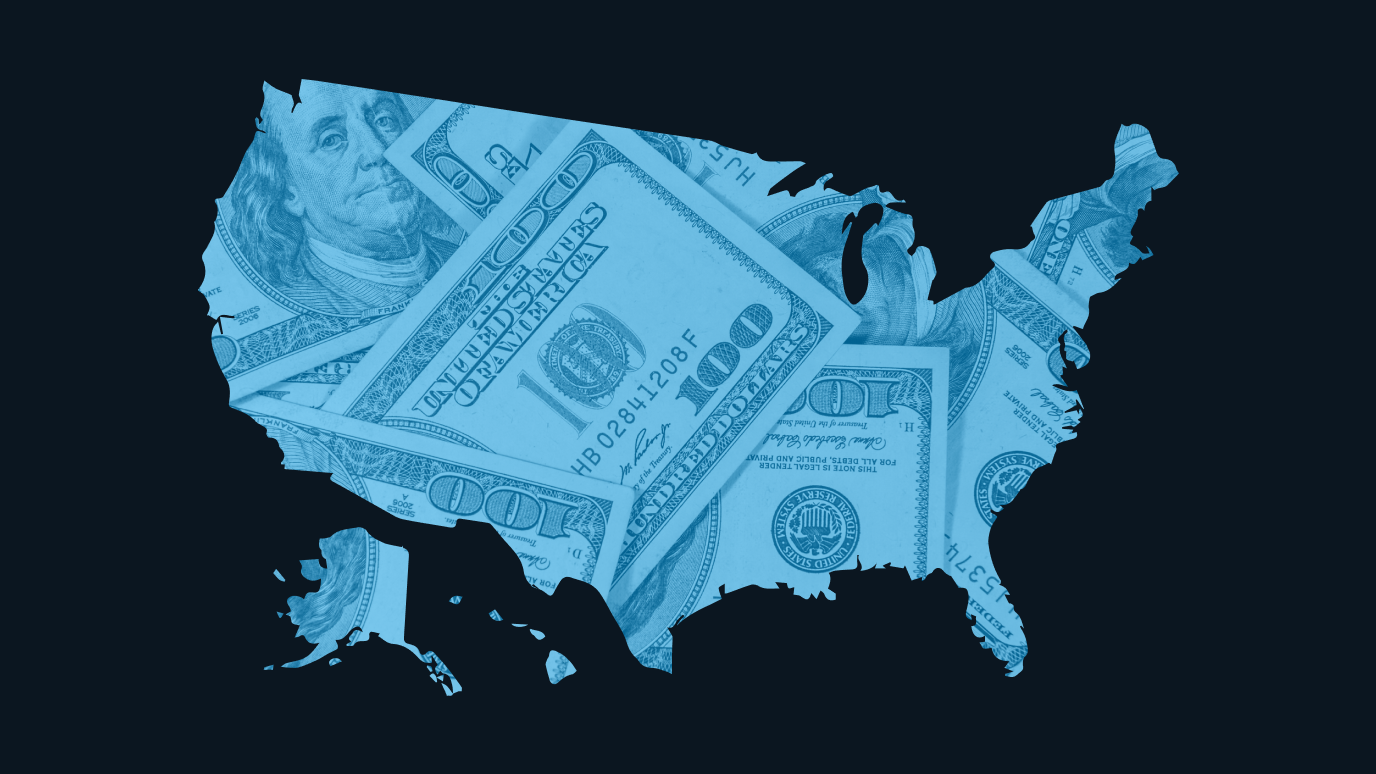Power Shift or Market Shift? The Influence of Election Cycles on Financial Markets and Currencies

The cycle of elections not only determines political leadership but also has a ripple effect across financial markets worldwide. Each election cycle ushers in policy expectations and uncertainty that can sway market sentiment, stock indices, currency valuations, and even long-term economic growth. Examining the historical influence of elections reveals patterns that investors and policymakers alike seek to navigate.
1. Election Cycles and Market Patterns
- Election-Year Market Trends
Historically, election years tend to follow specific patterns. In the U.S., for example, equity markets tend to perform better in the second half of an election year, as the uncertainty surrounding potential candidates gives way to clarity on likely outcomes. This is known as the "Presidential Election Cycle Theory," where the first two years post-election tend to be weaker, while the last two years (and particularly the election year itself) see stronger returns as investors anticipate stability. - The Effect of Policy Expectations on Sectors
Different sectors react to expected policy changes based on the ideologies of the winning candidate. For instance, the healthcare sector may experience growth if a candidate is expected to promote favorable policies, while financial sectors may face fluctuations depending on anticipated regulatory changes. In 2008, after Barack Obama’s victory, healthcare stocks performed well as investors anticipated favorable policy adjustments.
2. Currency Markets and Political Transitions
- The Dollar, Euro, and Emerging Market Currencies
Major elections, especially in the U.S., can have far-reaching impacts on global currency markets. The U.S. dollar, as the world's primary reserve currency, is particularly sensitive to election outcomes. During the 2020 U.S. presidential elections, expectations of a large fiscal stimulus under a Democratic administration led to fluctuations in the dollar index and influenced emerging markets, where many economies rely on the dollar for trade and finance. - Currency Impacts Beyond Borders
Elections can also affect foreign currency markets through trade relations. For instance, currency pairs such as USD/MXN (U.S. dollar/Mexican peso) saw extreme volatility in 2016 due to concerns over the future of U.S.-Mexico trade relations. Election results that suggest more restrictive trade policies can thus lead to depreciation in currencies of export-heavy economies.
3. Stock Market Reactions: Rally or Retraction?
- The Relief Rally Phenomenon
Often, market uncertainty reduces once election results are finalized, leading to relief rallies. Investors feel more secure as the 'unknown' factor is removed, as seen in the 2020 election when U.S. equity markets rallied once election results were confirmed. This rally reflects investor sentiment stabilizing after months of anticipation, regardless of the winner’s political stance. - Bearish Responses and Policy Uncertainties
However, markets don’t always respond positively. When a candidate with protectionist or high-regulation policies wins, markets may react bearishly, particularly in heavily impacted sectors like energy or banking. In the 2000 U.S. election, the contested results led to extended market jitters, reflecting the uncertainty and market’s hesitation in making definitive investment decisions until the final decision was reached.
4. Global Impact: Election Results and International Markets
- Ripple Effects on Global Markets
In interconnected economies, election results influence global markets. A political shift in the European Union, for example, can impact international trade agreements, commodity prices, and emerging market economies. After Emmanuel Macron's 2017 victory in France, European stocks saw gains, reflecting optimism for an integrated EU. Conversely, Brexit, driven by a referendum rather than an election, caused notable declines in the British pound and European stock indices, reflecting a broader uncertainty in regional stability. - Trade Policies and Emerging Markets
Emerging markets are particularly sensitive to the trade policies proposed by the winning candidates of larger economies. For example, the "trade war" narrative during the 2018 U.S. midterms led to declines in Chinese stock markets, as investors anticipated trade restrictions that would impact export-driven economies.
5. Managing Investments During Election Seasons
- Strategic Diversification to Weather Volatility
Given the heightened volatility around elections, many investors adopt a diversified approach, focusing on risk mitigation. Balancing high-performing sectors with safer assets can be an effective strategy to manage uncertainty. Some investors even choose to increase cash reserves temporarily, providing liquidity to capitalize on post-election opportunities. - Considering Long-Term Fundamentals
While election-induced volatility is often short-lived, investors should weigh the longer-term implications of fiscal and monetary policies. Policy changes impact tax structures, trade agreements, and corporate spending plans, often taking time to filter into actual economic performance. Thus, a long-term view can mitigate the risks of reacting to immediate post-election volatility.
In summary, elections are not only pivotal in shaping political landscapes but also act as catalysts in financial markets, currency trends, and investment strategies. Recognizing patterns from historical data enables investors to adapt, balancing immediate reactions with long-term foresight to navigate these critical periods effectively.

